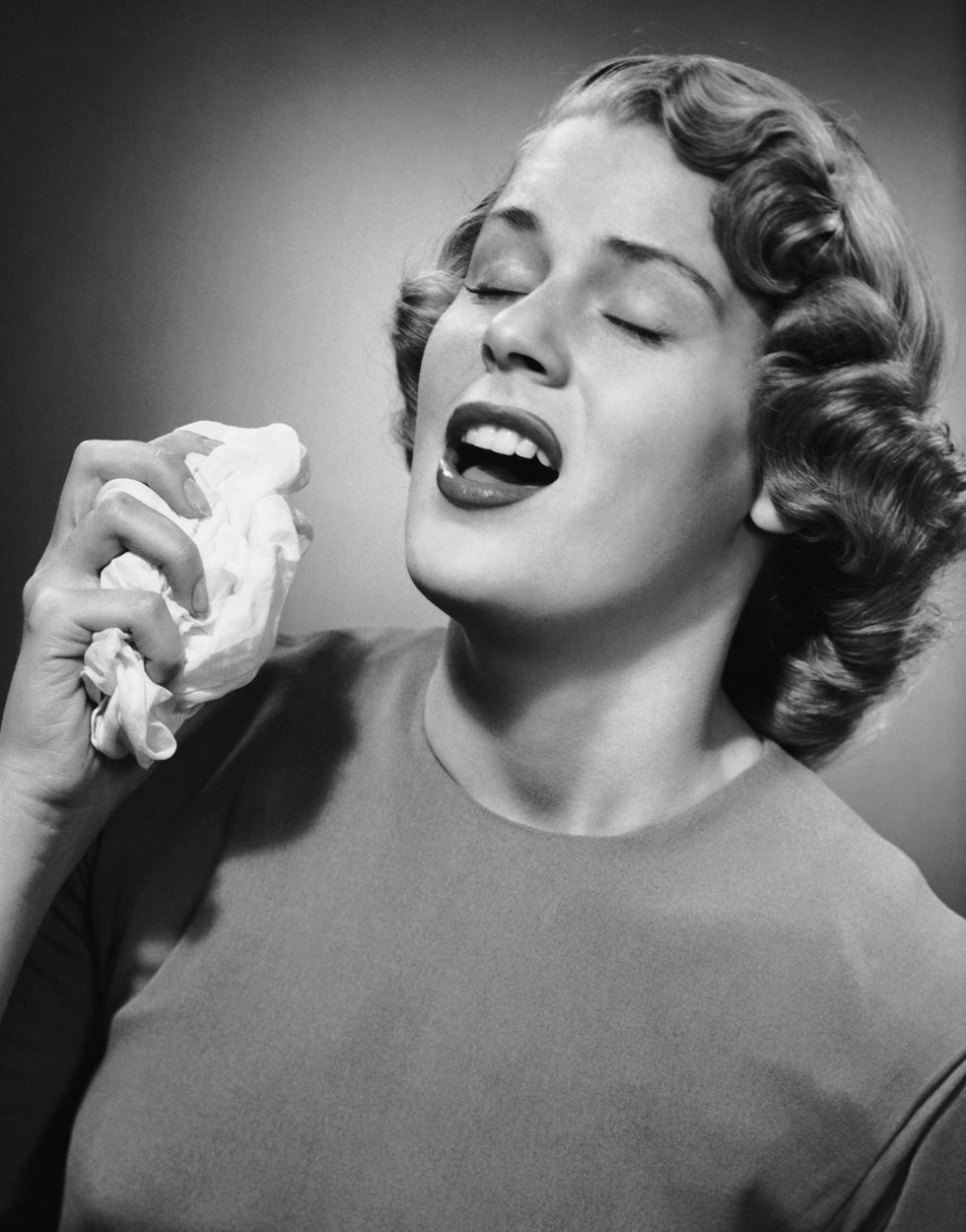Have you ever found, just a few days into your summer holiday, that you end up bed-bound with a chest infection or the flu?
Or have you started getting a sore throat since setting your alarm clock an hour earlier to fit in that quick morning run?
Well, according to a new study published in the journal Proceedings of the National Academy of Sciences on Monday, constant changes in your work schedule and flying between time zones makes you more susceptible to viruses.
Our body clocks are essential at regulating processes that occur within ourselves, from the time be we digest food and reducing our body temperature after a run, to making us sleep when we're in need of a good night's kip.
Akhilesh Reddy, the study's co-author and clinical studies fellow at the University of Cambridge told Mashable: 'When you disrupt the clockwork, then your clock is in no-man's land.'
The research involved infecting mice with a herpes virus at sporadic times during the day before monitoring their levels of infection and the speed at which the infection spread. The mice's environment was also carefully monitored, with 12 hours of daylight and 12 hours of darkness.
The study found that the virus spread ten times more in mice infected around sunrise than those infected after 10 hours.
Co-author Rachel Edgar explains: 'We used to assume viruses just came at you, regardless of the time of day.
'Our study found there's particular times of day when the virus can infect more readily than at other times of day.'
This means those of us who work early morning shifts or take nighttime work might have a broken body clock and become more susceptible to viruses.
Of course, this doesn't mean those who stick to a rigid sleep and working schedule are immune to infections – they don't get away that easily – but it does mean they have a better chance at fighting off the bugs.
As a result of the study, its researchers now hope to develop medications to help patients whose immune systems are weakest in the morning or employees suffering from working sporadic 12-hour or 24-hour shifts.
"'If we can boost immune responses in the cells and in the whole body at that time of day, you can shield yourself betterm' said Reddy.
The summer cold could soon be gone. Result!

Katie O'Malley is the Site Director on ELLE UK. On a daily basis you’ll find Katie managing all digital workflow, editing site, video and newsletter content, liaising with commercial and sales teams on new partnerships and deals (eg Nike, Tiffany & Co., Cartier etc), implementing new digital strategies and compiling in-depth data traffic, SEO and ecomm reports. In addition to appearing on the radio and on TV, as well as interviewing everyone from Oprah Winfrey to Rishi Sunak PM, Katie enjoys writing about lifestyle, culture, wellness, fitness, fashion, and more.
















